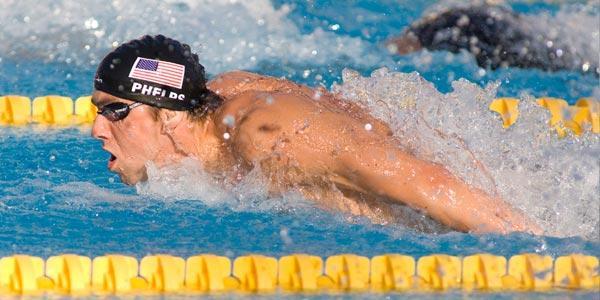The Keys to Success in Sports
What are three (must have) keys to success in sports? (1) Good instruction, (2) Practice and repetition, and (3) Trust in your skills.
Allow me to explain…
I was prompted to write this email after I received an interesting note from a baseball parent. He’s worried that his son can’t remember his batting lessons and said that lessons are not cheap.
I’ll paraphrase the email:
“My son seems to forget what he learned from his batting lesson when playing. How can I help him remember his lesson in games?”
What many athletes don’t get – and even coaches – is that learning (or change) does not happen overnight. A batting lesson, golf lesson, or coaching on technique must be coupled with practice.
What must athletes do after getting a lesson or learning a new swing? Practice and repetition and tons of it. I don’t have a formula here but some experts suggest that 30 repetitions a day for at least 30 days is a good start place.
I think some people have a false assumption about learning. If you take a lesson, you should be able to apply it right away.
But athletes must practice what they learn in order to put it into action. Why? Old habits are hard to change. So anytime you learn something new (or teach your athletes something new), it takes a lot of repetition to change.
But even then, athletes struggle with applying what they learned and practiced to competition. This is when my third key to success comes into play…
Learning, practice, and repetition alone sometimes fall short. The third and most important key to success (which is more about the mental game) is when you or your athletes trust in your skills.
You or your players might have awesome form or technique, but you must have trust in what you have learned in practice…
A lack of trust in your skills is the top reason athletes can’t repeat – in competition – what they do easily in practice every day.
What’s the cause for a lack of trust?
Several mental game barriers can get in the way:
- Tension
- Fear
- Perfectionism
- Overdone expectations
- Focus on results
- Pressure of playing in the big game
- Stuck between the old and new technique
- On and on… you fill in the blank _________________.
The concept of trust applies universally from youth to professional athletes. To perform your absolute best – with consistency – you must trust in what was learned from practice.
The same keys applies to learning the mental game. I have no magic dust. And quick fixes do not exist when it comes to the mental game either.
How do you learn to trust in your skills in competition?
You start by overcoming the mental barriers or pressures I listed above. Then, you have to become “a performer” and allow your skills to happen. Get out of your own way and stop over controlling your body or over-coaching yourself.
Want to learn all my secrets for how to trust in your skills, cope with fear of failure, and stop depending perfection in competition? I highly suggest, my program The Fearless Athlete:
Your Confidence Coach,
Dr. Patrick Cohn
p.s. Here’s what one athlete said about The Fearless Athlete:
“I fully committed to completing the Fearless Athlete program in 14 days and it worked! I won the next amateur tournament I entered.”
~Richard Laing
Check it out today for yourself:
Related Sports Psychology Articles
- Defining Athletic Success on Your Terms
- A Mindset for Success
- Focused Training and Mindset Equals Success
*Subscribe to The Sports Psychology Podcast on iTunes
*Subscribe to The Sports Psychology Podcast on Spotify
Download a free sports psychology report to improve your mental game!
Learn more about our one-on-one mental game coaching.
The Fearless Athlete

For the last two decades, I’ve been working with athletes and helping them optimize their physical ability by teaching them the secrets of top performing athletes. Now, you too can learn how to regain that child-like fearless attitude.
Mental toughness is what separates the winner from the loser in any competition. Champion athletes train hard in practice, perform without fear in competition, and trust their skills in crunch-time.
The Fearless Athlete program is ideal for any athlete that wants to overcome fear of failure and uncover inhibiting perfectionistic traits; or for any coach or parent who wants to teach athletes to perform with trust and freedom in competition.

